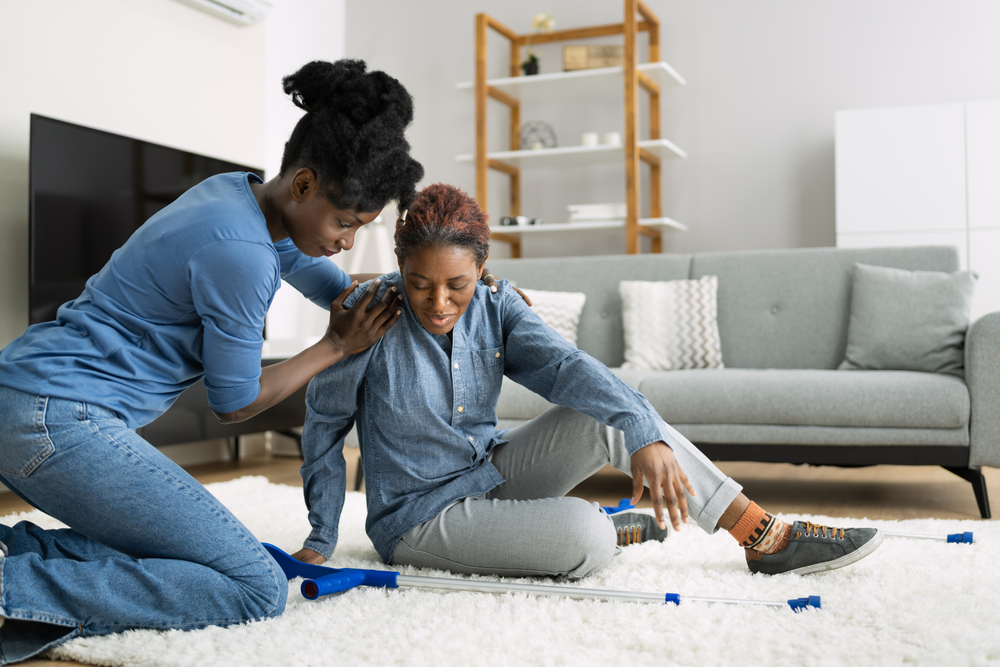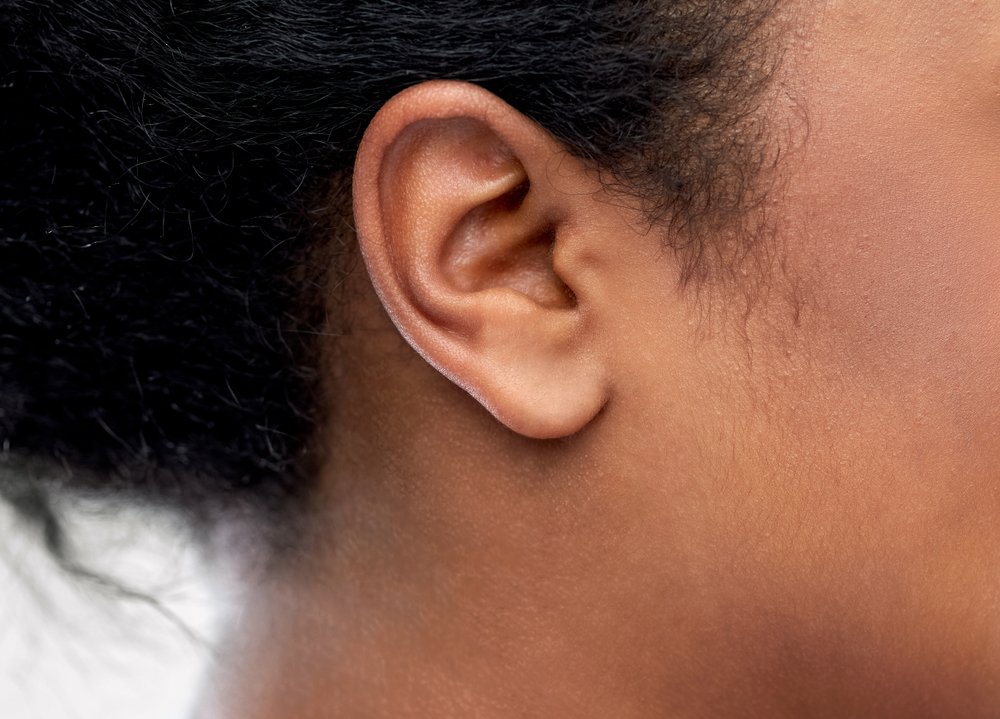It is well known that exercising on a regular basis is necessary for good health. People who lead a sedentary lifestyle have a higher risk of developing chronic diseases and suffering from mental conditions, like dementia. Not moving enough can also increase your blood sugar to a dangerously high level, even if you are at a healthy weight.
What may not be as well known is that exercise can also help with your hearing. This is particularly true as you progress in age.
Exercise and Hearing Loss
One of the main reasons regular exercise is so important to your overall health is that it improves your cardiovascular health. The healthier your heart system is, the better the flow of blood in your body. This includes blood flow to your head, which can help your ears to function as they should. While having good cardiovascular health is a necessity no matter your age, the distinction it makes in one’s hearing is especially evident if you are over the age of 50. A study conducted by the American Speech-Language-Hearing Association indicates that people who are in their 50s and exercise regularly are able to hear just as well as those who are in their 30s.
How Does Cardiovascular Fitness Prevent Hearing Loss?
It is thought that cardiovascular health is able to improve the neural function in the cochlea. The outer hair cells in the cochlea are able to function well because the surrounding organs are receiving the oxygen-rich blood they need. It is also believed that if you have a healthy heart and good overall health, you are more likely to protect your hearing by restricting your exposure to loud noise and by being less likely to suffer from disease or take medications that are ototoxic or toxic to your ears.
How Much Exercise Do You Need?
The older you are, the more important it is to stay physically active. The United States Surgeon General has recommended that you perform some form of exercise regularly. To achieve cardiovascular fitness, you can engage in aerobic exercise, which requires large muscle movement. Walking, swimming, jogging, and bicycling are all forms of exercise that can improve the health of your heart, and by extension, protect your hearing. To get the most benefits, you should exercise for about 30 minutes at a time, at least five times a week. Improving your level of fitness by even a small degree can have a noticeable effect on your health and your hearing sensitivity.
You want to make sure that you are able to hold on to your hearing for as long as you can. Engaging in the type of exercise that can improve your cardiovascular health is one way to make sure that your body is getting what it needs to protect your hearing. If you are interested in other steps you can take to safeguard your hearing, speak with your hearing health professional.



